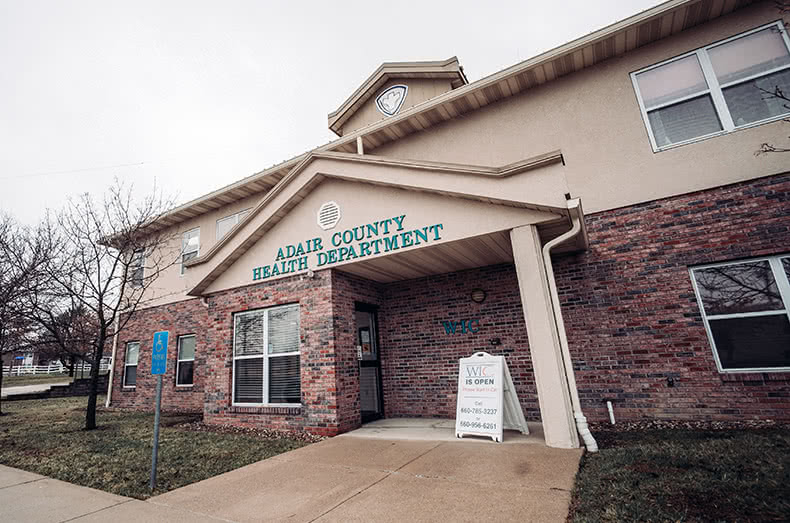
Adair County Health Department
Medical Director's Corner
March 2024
Welcome Spring! This month we celebrate getting through the harshness of winter and start entering a busier time of year. However, we still need to ensure we are taking care of our bodies and getting our preventative exams done including cancer screening.
Colorectal cancer is the third most common cancer in both men and women in the United States. About 150,000 new cases of colorectal cancer will be diagnosed this year alone leading to about 50,000 deaths from this disease per year. The best way to survive colorectal cancer is early detection through preventative health screening. In the last few years, colorectal cancer screening guidelines have changed to screening earlier ages. This was due to a growing body of evidence showing a large number of younger American’s being diagnosed with colorectal cancer. With that being said, our March spotlight is colorectal cancer prevention month.
Current guidelines suggest the average risk person starting colorectal cancer screening at age 45. Higher risk persons are those with personal history of colon polyps, colorectal cancer in a 1st degree relative (mother, father or siblings) or those with an inherited disorder that increases risk of colorectal cancer such as Lynch syndrome. Colorectal guidelines are different for those persons and are individualized. So, if you fall in the higher risk category, talk to your healthcare provider for more information.
For average risk individuals there are several ways to complete colorectal cancer screening:
A stool-based test that looks for certain markers that are elevated in colorectal cancer can be done every 1-3 years depending on the type of test. They do have risks of false positives, especially the stool tests that look only for blood that is not often detectable by our eyes. So, if a stool test is positive it must be followed up by a colonoscopy.
Of course, the most accurate way to detect colorectal cancer is to visualize the colon itself with a colonoscopy. These tests require a day or two of prepping with a laxative so the endoscopist can see the walls of the colon better. The procedure is done under light sedation so the patient is not aware of any discomfort. If any abnormalities are found, the endoscopist will take samples and remove any polyps to send off for testing.
When do we stop colorectal cancer screening? Guidelines state to continue screening up until age 75. The decision to continue after age 75 should be personalized to the patient and their risks.
How do we prevent colorectal cancer? While we can’t control our family genetics or the aging process, remember that what we put in our bodies affects us at a cell level. The best way to reduce colorectal cancer risks are to eat healthy, avoid a heavy diet of processed foods, get regular exercise, stop smoking or excessive alcohol use and get your age-based screenings such as colonoscopies as recommended.
Helpful Links


